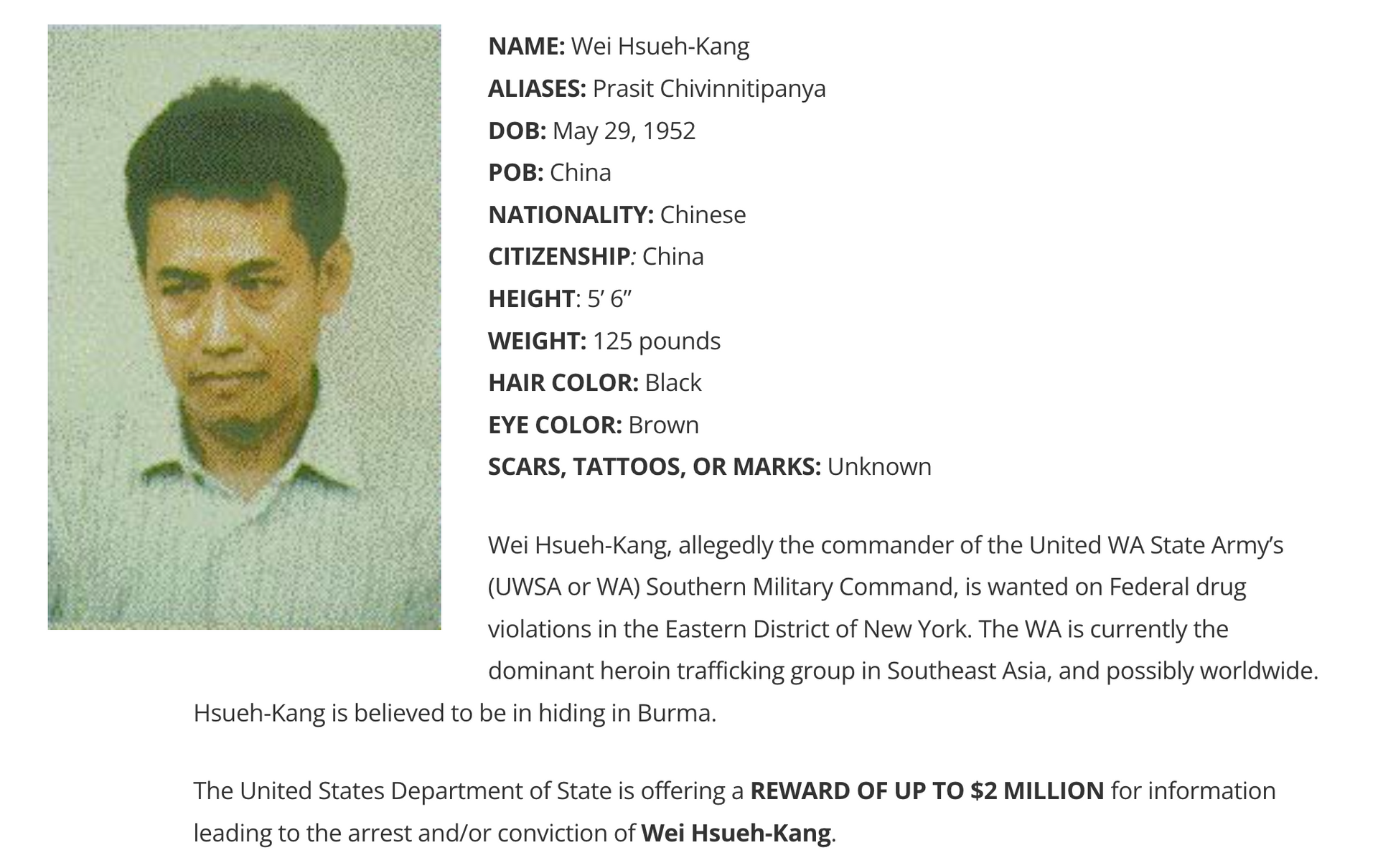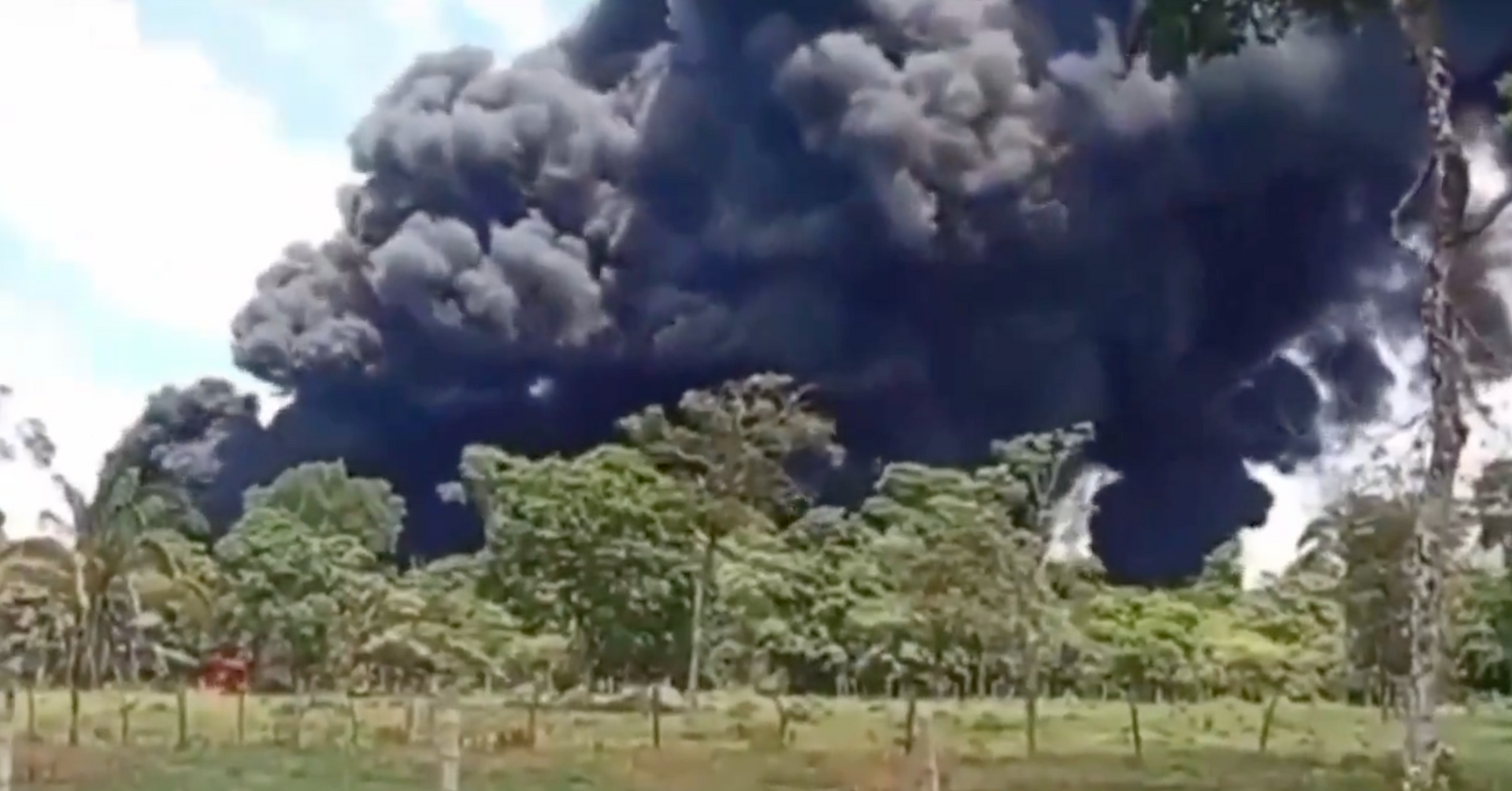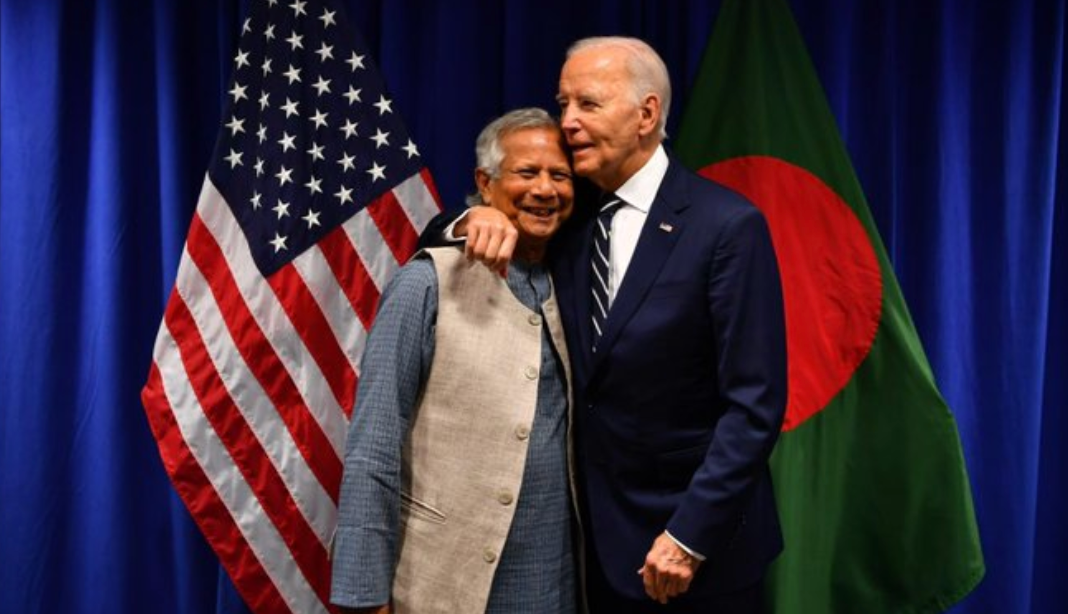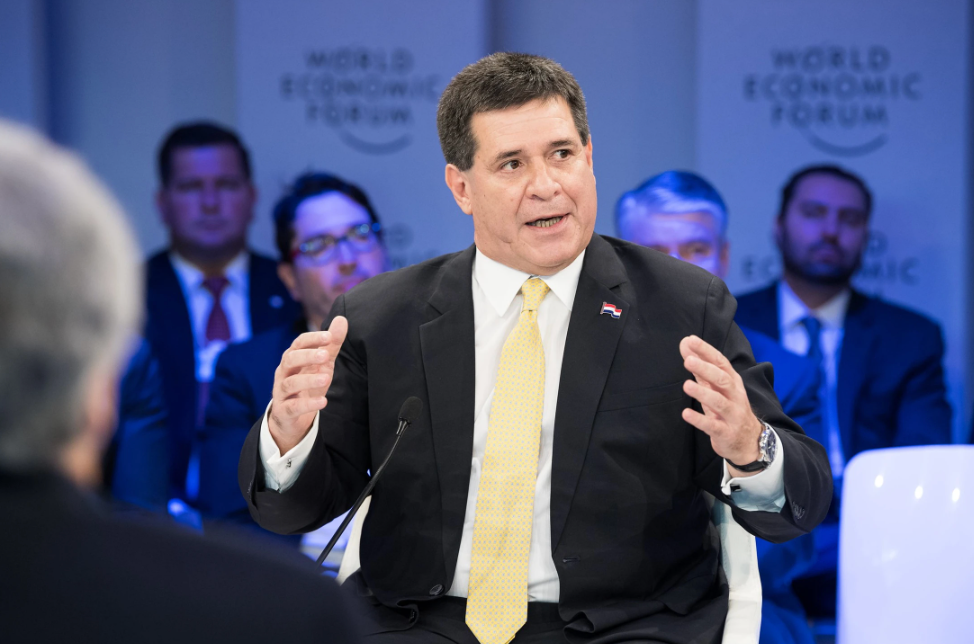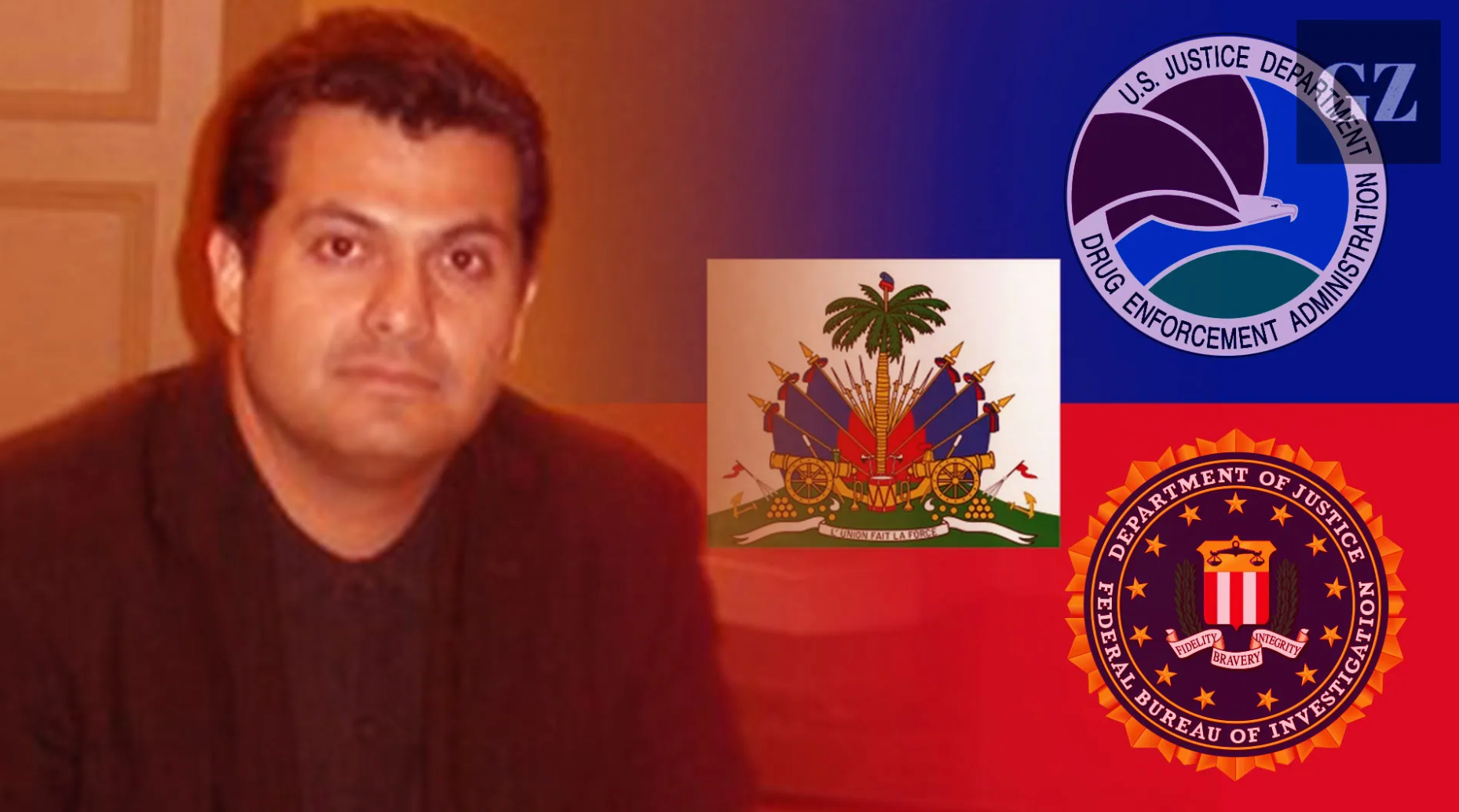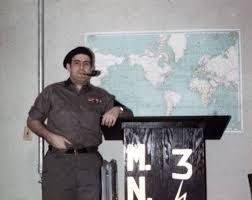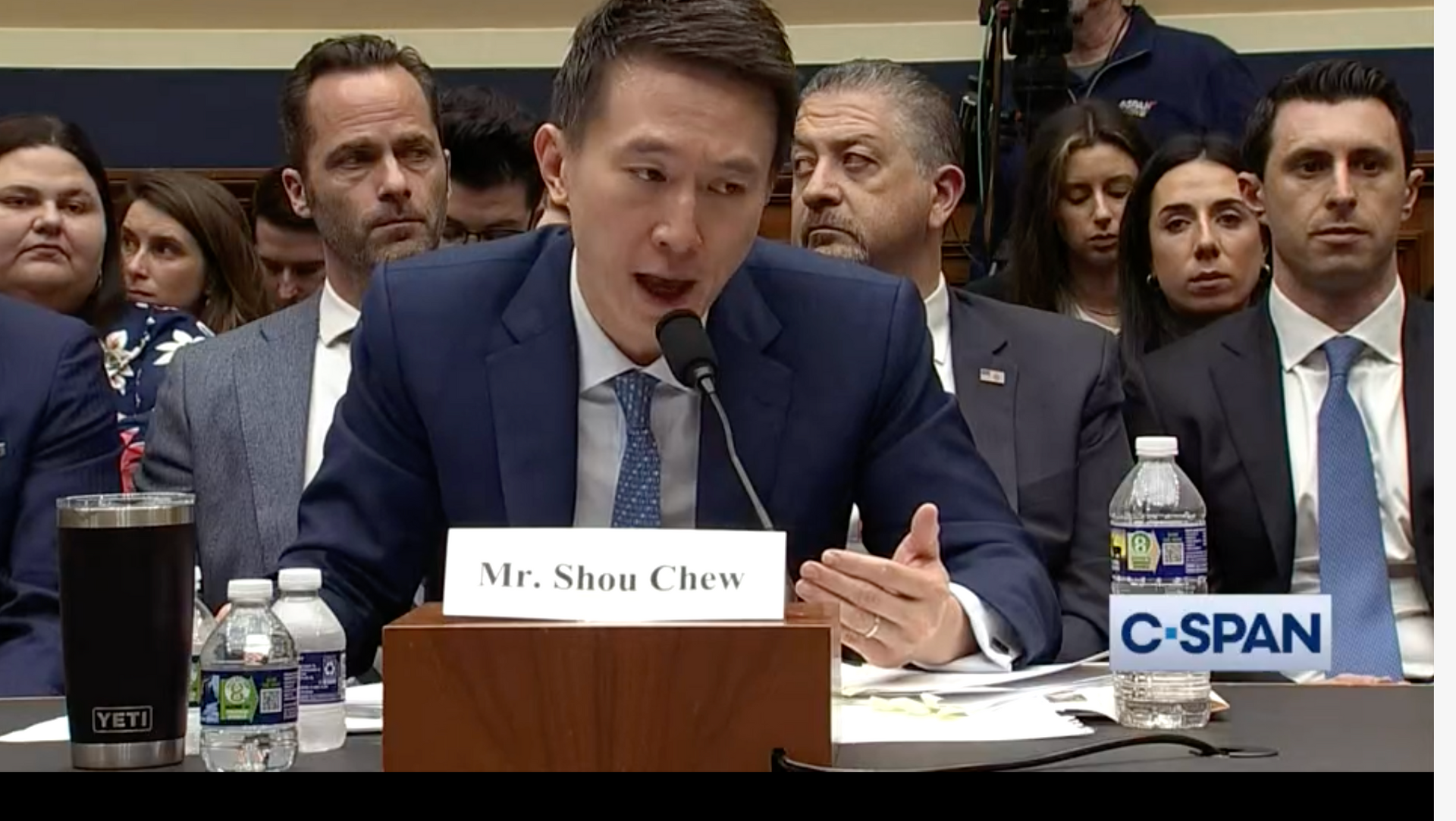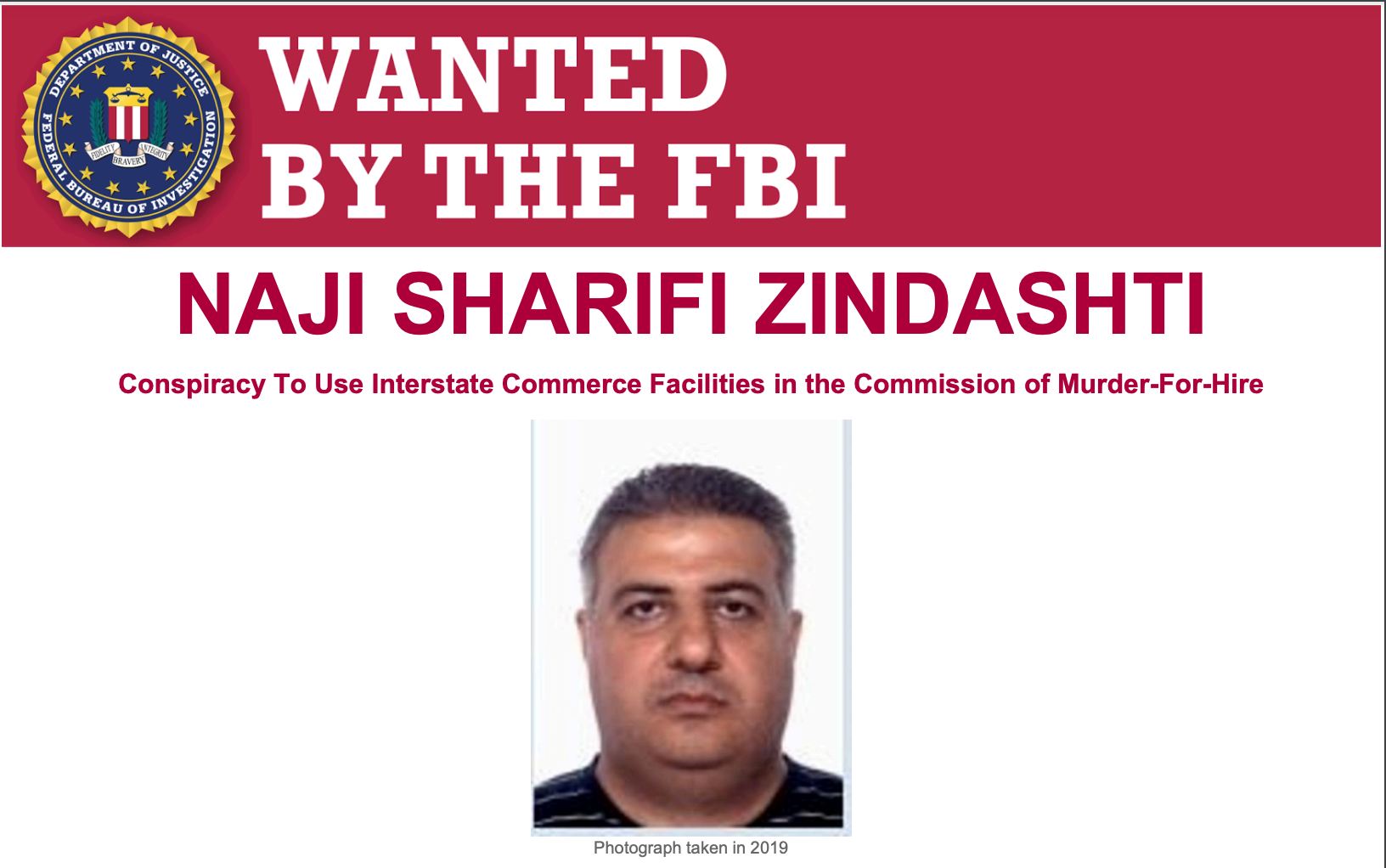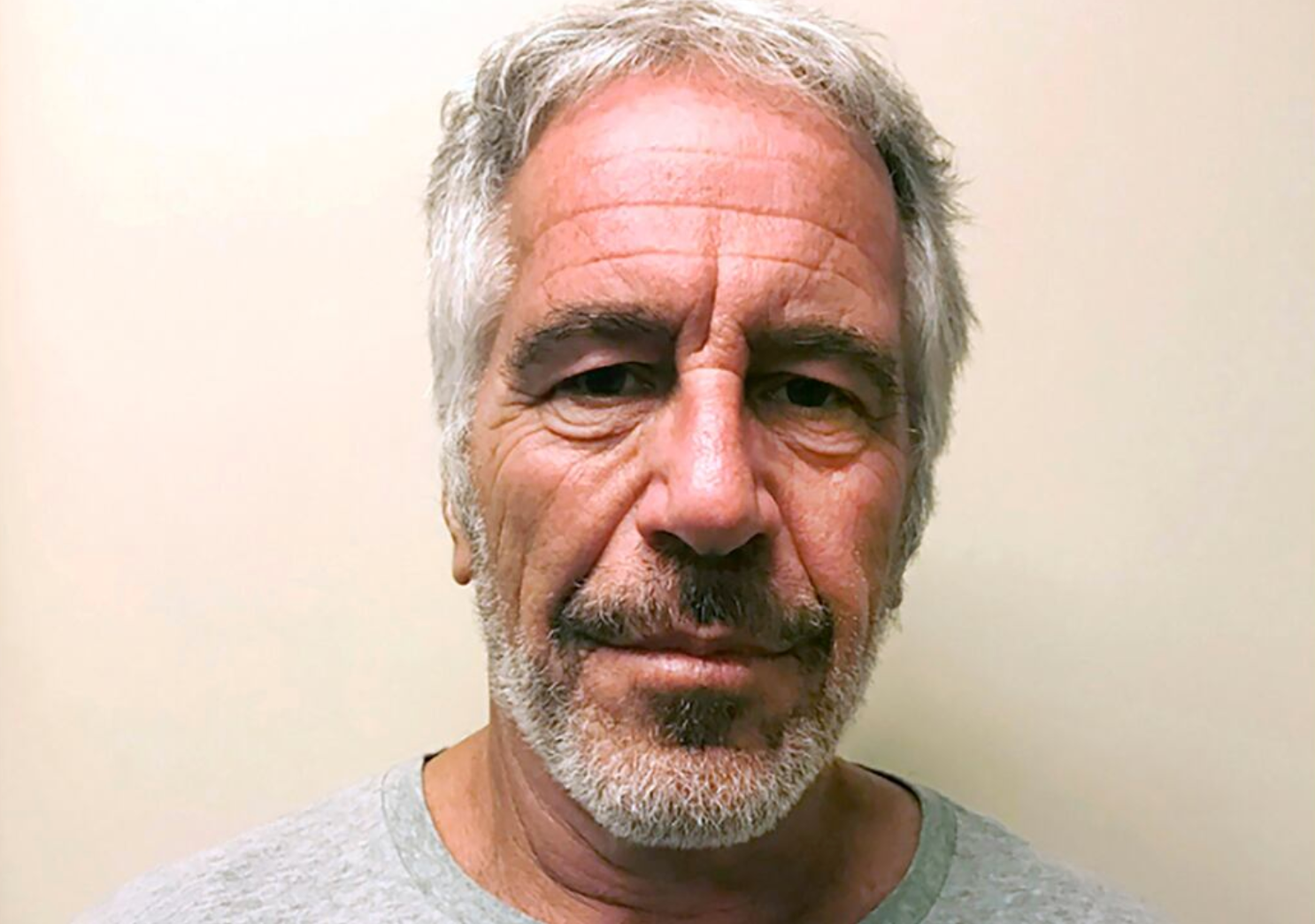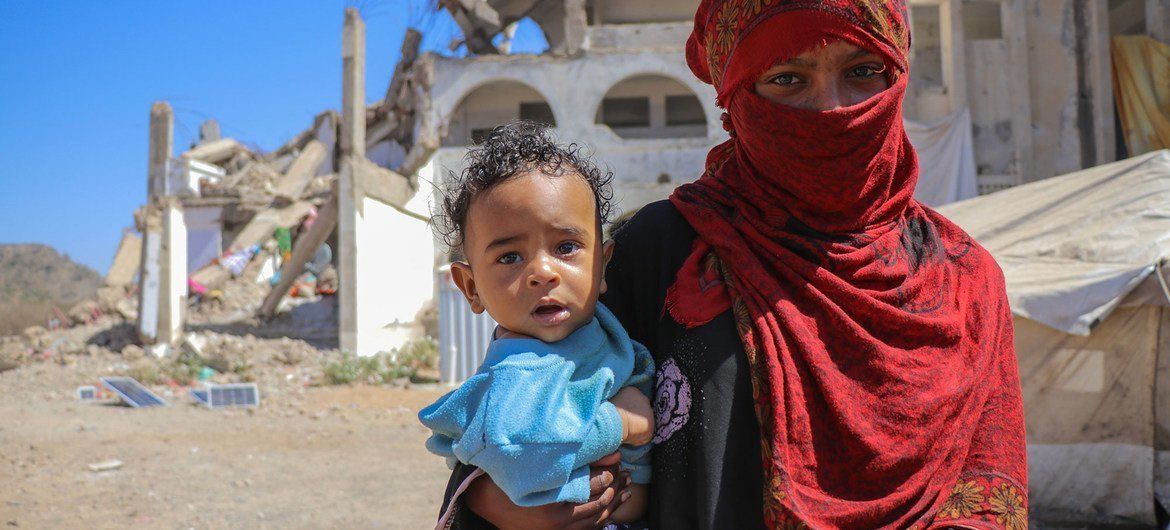Honduran President Hernandez was Washington’s man, until he wasn’t
March 2, 2022
The former leader spent years stealing, defrauding, trafficking drugs and worse. When he wasn’t useful anymore, the US indicted him.
The former President of Honduras, Juan Orlando Hernandez, or JOH, was arrested last week and will likely soon face charges by the U.S. Justice Department for allegedly trafficking roughly 500,000 kilos of cocaine. An Associated Press headline dubbed it a “stunning fall,” but the U.S. government provided him with significant support despite extensive evidence linking him to drug smuggling.
Aside from his ties to narcotics, Hernandez was involved in several scandals, including embezzling funds from Honduras’ social security system, stealing from World Bank development programs, credible fraud allegations in his 2017 re-election, and pervasive human rights violations by the police and military. In private conversations, Hernandez bragged about siphoning U.S. aid via phony NGOs.
The DOJ declined to press charges until after he left office last month. JOH was referenced as “CC-4,” or co-conspirator 4, in his brother’s drug trafficking case, along with other cases in the Southern District of New York. Nonetheless, this right-wing leader, who steadfastly supported U.S. economic, immigration, and military interests, enjoyed eight years of cordial relations with the White House.
American diplomats looked the other way as Honduras developed into a narco-state. Adding to this hypocrisy, the U.S. provided millions of dollars of aid for counternarcotics that trained/equipped a police and military bureaucracy riddled with corruption. In turn, Honduran security forces have acted viciously against peaceful protest.
The former president’s brother, Tony Hernandez, was arrested in Miami in November 2018 on drug trafficking charges. Prosecutors alleged that he transported a whopping 185 tons of cocaine into the U.S. The jury heard from drug kingpins that JOH extorted them for protection money.
One of those witnesses was Tony Hernandez’s partner, Amilcar Alexander Ardón Soriano, a convicted trafficker and a former Honduran mayor. Juan Orlando Hernandez solicited $1.6 million from Ardón Soriano for his 2017 presidential run. Ardón Soriano also testified that he arranged a meeting in which El Chapo handed the former President $1 million in cash in exchange for protecting his shipments within Honduras.
Tony Hernandez’s cocaine labs in Colombia and Honduras branded his product with a “TH” logo for law enforcement officials to know what not to touch. In addition, he padded his profits by partnering with multiple cartels to buy logistical support/protection from Honduran authorities, even renting his personal helicopters so their representatives could verify that shipments weren’t intercepted. Hernandez also ordered the murder of rival traffickers and potential snitches. These revelations led to Tony Hernandez’s conviction in October 2019 and a life sentence.
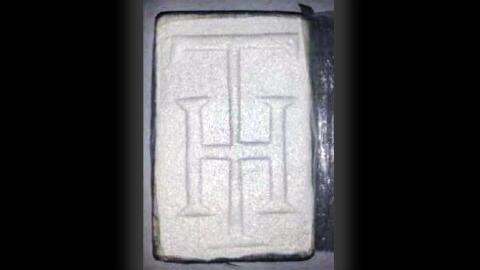
"TH" Branded Cocaine - Southern District of New York
Juan Orlando Hernandez will likely meet a similar fate, but it begs the question of why the DOJ delayed action for so long. Prosecuting a foreign head of state poses jurisdictional challenges, among others. However, the Justice Department hasn’t demonstrated the same deference to Venezuelan President Nicolás Maduro. He, along with 14 other Venezuelan officials, was indicted in March 2020. The Justice Department’s Narcotics Rewards Program is even offering a reward of $15 million for information leading to Maduro’s arrest or conviction.
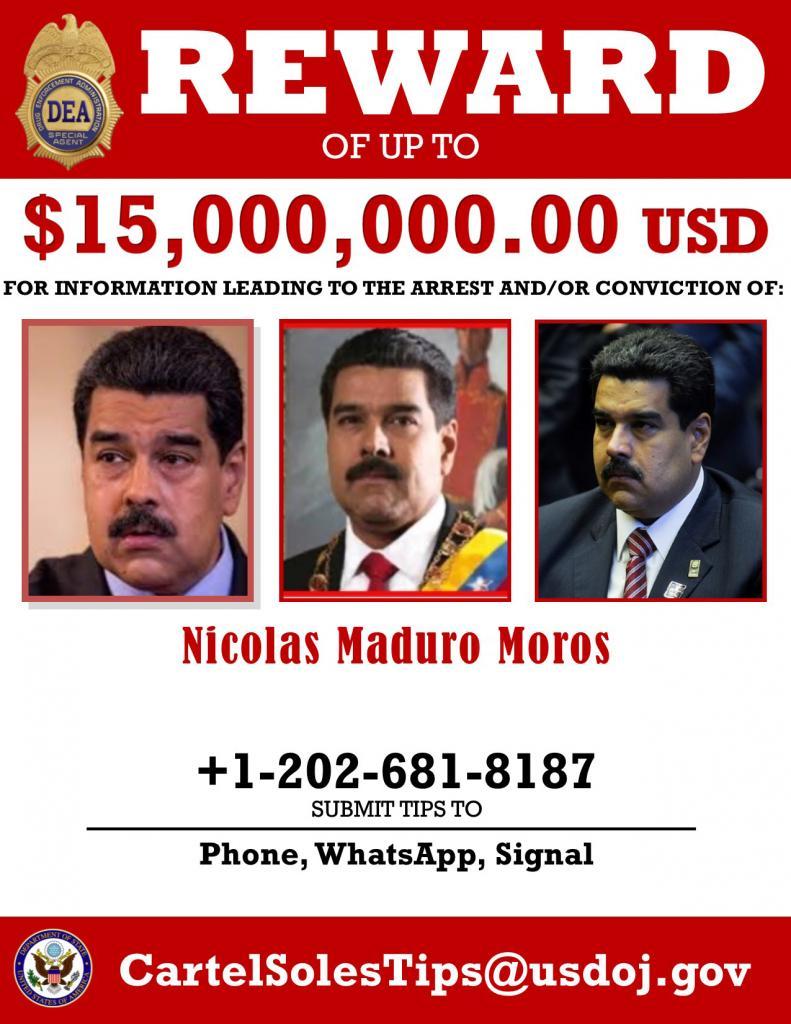
The reluctance to prosecute JOH had to do with international politics, not legal formalities. Case in point: George H. W. Bush launched Operation Just Cause in 1989 to capture the Panamanian dictator, Manuel Noriega. Much like JOH, the U.S. government was fully aware of Noriega’s ties to drug trafficking; he was on the CIA’s payroll for decades.
JOH wasn’t an intelligence asset, but he offered a subservient relationship. That was a change from the left-of-center President Manuel Zelaya who was elected in 2006. Zelaya wanted moderate economic reforms, but he shifted further to the left after entering office. This was partially prompted by the heavy-handed tactics of American diplomats.
U.S. Ambassador Charles Ford provided Zelaya with a list of prospective nominees for cabinet positions whom the U.S. found to be acceptable. Such gestures, among others, proved to be counterproductive as Zelaya developed relationships with Hugo Chavez and Fidel Castro and suggested that he may seek a constitutional amendment that would permit him to seek a second term. Those moves helped neoconservatives, such as Otto Reich and Elliott Abrams, and right-wing U.S. lawmakers, notably Sen. Jim DeMint (R-SC) and Ileana Ros-Lehtinen (R-FL), to defend the 2009 military coup by labeling Zelaya as an “autocrat determined to turn Honduras into an undemocratic, hostile state.”
Obama publicly criticized the coup as “illegal” and briefly withheld foreign aid but restored most of it in March 2010 after a controversial election that most international monitoring groups, including the Organization of American States and the European Union, refused to observe. The winner, Porfirio “Pepe” Lobo, ironically made Reich’s warnings about Zelaya take actual effect. Lobo’s right-wing National Party (JOH’s party) began to consolidate its control over post-coup Honduras that would be increasingly characterized by kleptocracy, corruption, gang violence and human rights abuse, recalling the country’s past as the original “banana republic.”
Several anti-corruption leaders, such as the country’s drug czar and anti-money laundering prosecutor, as well as civil-society activists, were assassinated during Lobo’s four-year tenure, while drug-trafficking flourished as never before. Remarkably, Pepe Lobo’s own son, Fabio, was indicted and prosecuted by the U.S. Justice Department for transporting thousands of kilos of cocaine (beginning in 2009) in partnership with the Honduran Cachiros Cartel whose leader testified that Fabio was acting on behalf of his father. While Fabio is currently serving a 24-year prison sentence, DOJ has so far failed to press charges against the former president. The State Department added Lobo and his wife to its “corrupt and undemocratic actors” list, thus making them ineligible to legally enter the U.S. However, DOJ hasn’t proceeded with forfeitures against the couple’s Florida real estate holdings.
The corruption under JOH, who served as president of the National Congress under Lobo until his own election as president in 2013, was even more obvious. After only four days in office, the police made the first-ever discovery of an opium-growing operation within Honduras. They arrested two Colombian nationals, confiscated weapons and 1,800 opium poppy plants and 800 cannabis plants. However, Tony Hernandez interceded and helped gain the release of the two Colombians from police custody. The officer who led the raid, Leandro Osorio, was removed from his post and soon fled the country due to death threats.
The former national police chief, Ramon Sabillon, also fled the country. He apparently did his job too well and was fired by JOH after making high-profile drug busts, including the leaders of the Valle Cartel. Multiple whistleblowers exposed the Hernandez family’s criminality, but this information was largely ignored by the mainstream U.S. media.
That omission contrasted with the media attention — particularly after then-candidate Donald Trump in 2016 sought to use growing anti-immigration sentiment as the basis for his presidential campaign — devoted to unprecedented levels of emigration of Hondurans whose daily lives were increasingly dominated by deepening poverty and gang warfare. Once Trump was elected to the White House, immigration superseded drug-trafficking or geopolitical concerns as Washington’s top policy priority vis-a-vis Central America. When JOH agreed to fully cooperate with Trump’s anti-immigration policies — eventually even signing an agreement allowing Washington to deport potential asylum seekers to Honduras — Washington effectively turned a blind eye to the Honduran president’s misdeeds.
Thus, when JOH used his hand-picked members of the country’s Supreme Court to permit him to run for a second term in 2017, the Trump administration, as well as the U.S. neoconservatives and right-wing lawmakers who had so aggressively denounced Zelaya as a tyrant for suggesting holding a referendum on amending the constitution, simply looked the other way. Worse, despite widespread denunciations of the election itself as rigged — the OAS, for example, found so many irregularities that it called for a rerun — the U.S. ambassador nonetheless commended the credibility of the electoral process.
And even after his brother’s 2019 conviction in a U.S. federal court, the State Department continued to publicly praise JOH’s anti-drug efforts. Out of power, however, the former president has lost his usefulness. A moderate reformist, Xiomara Castro, former President Zelaya’s spouse, soundly defeated the National Party’s candidate two months ago.
Before leaving office, however, Hernandez appears to have sought some form of assurance that he could avoid prosecution. In the waning days of his tenure, he moved the Honduran embassy in Israel from Tel Aviv to Jerusalem where he reportedly received assurances from Israeli officials — some with close ties to the neoconservatives in Washington who defended the 2009 coup that brought the National Party to power — that they would use their influence to help prevent his extradition to the U.S. In the end, however, their efforts proved insufficient.
As with Noriega, however, JOH’s relationship with the United States illustrates much about U.S. foreign policy. Whether it’s drug trafficking, immigration, or countering the influence of geopolitical or ideological foes that constitute the priority du jour, the fate of small countries like Honduras will depend disproportionately on Washington’s domestic political agenda rather than the actual needs and aspirations of the local population.
